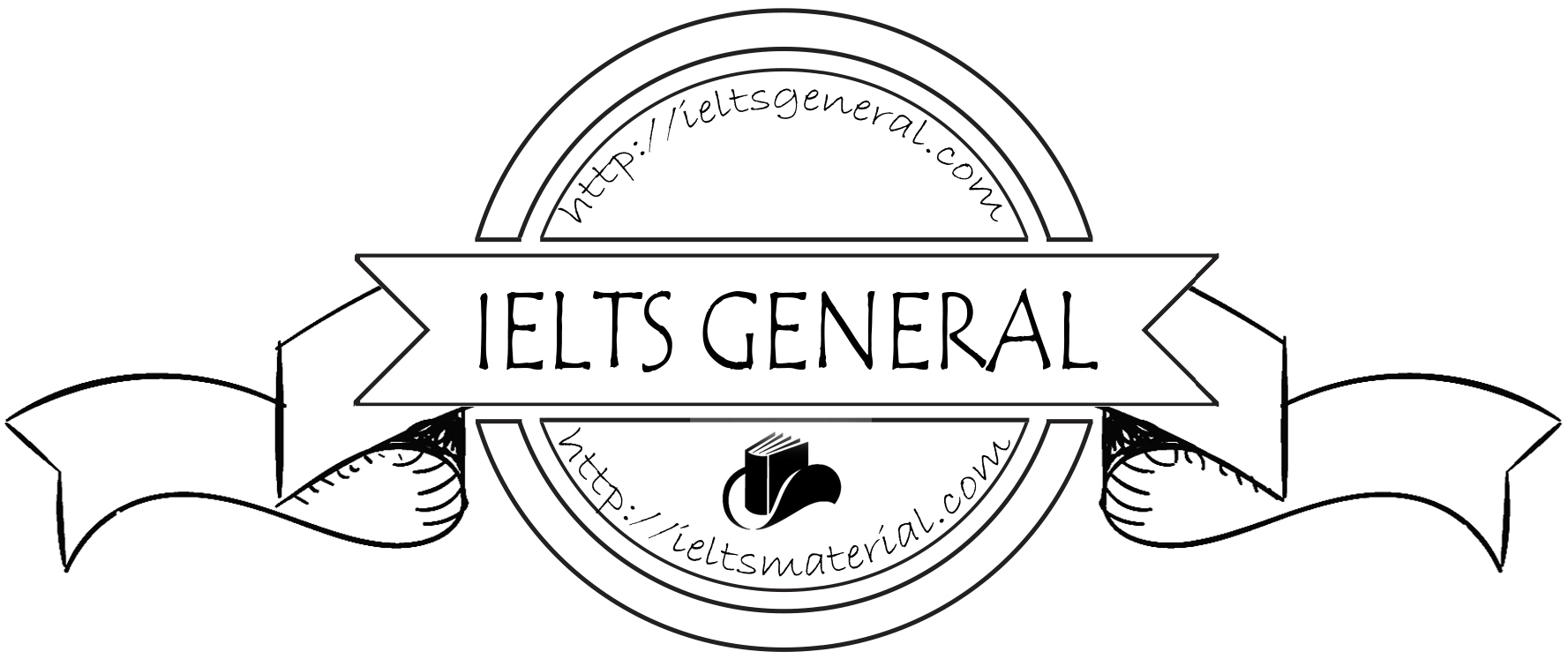251. Omission of a or an from make a noise, etc.
Don’t say: I told them not to make noise.
√ Say: I told them not to make a noise
Note: Also to make a mistake, to make a fortune, to make a will, to make an impression, to make an experiment to make an attempt.
252. Omission of the before names of nationalities
Don’t say: English are fond of sports.
√ Say: The English are fond of sports.
Place the definite article before the names of nationalities, describing a people collectively: the British, the French, the Dutch, the Swiss, the Chinese, the Sudanese, etc.
253. Omission of the before names of musical instruments
Don’t say: I play violin, but not piano.
√ Say: I play the violin, but not the piano.
Use the definite article before the names of musical instruments
254. Omission of the before the word cinema, etc.
Don’t say: On Saturday I go to cinema.
√ Say: On Saturday I go to the cinema.
Use definite article before the words cinema, theatre, concert, etc
255. Omission of the verb to be from the passive
Don’t say: Charles Dickens bom in 1812.
√ Say: Charles Dickens was born in 1812.
Form the passive form by using the verb to be, combined with the past part participle of the verb required (to be + past participle)
256. Omission of the auxiliary do from questions
Don’t say: You understand the problem?
He understands the problem?
She understood the problem?
√ Say: Do you understand the problem?
Does he understand the problem?
Did she understand the problem?
Place the auxiliary verb do (does, did) before the subject to ask questions in the simple present and simple past tenses.
Note: Don’t use the auxiliary do with modal verbs like can, may, must –> Can we meet me tomorrow?
257. Omission of auxiliary do when do is a principal verb
Don’t say: Do pupils their work carefully?
√ Say: Do pupils do their work carefully?
In the correct form of the sentence, the first do means nothing on its own and only helps to make the question. The second do is the principal verb of the sentence, and has the meaning of perform.
258. Omission of the preposition indicating time
Don’t say: I was born the third of December.
√ Say: I was born on the third of December.
As a rule, don’t use a noun without a preposition to show the time of some action.
Note: Don’t use a preposition with last year, next year, some day, one day, this afternoon, etc.
259. Omission of the preposition after the infinitive
Don’t say: They’ve no houses to live.
√ Say: They’ve no houses to live in.
The infinitive of an intransitive verb (like live, etc.) it must have a preposition after it.
